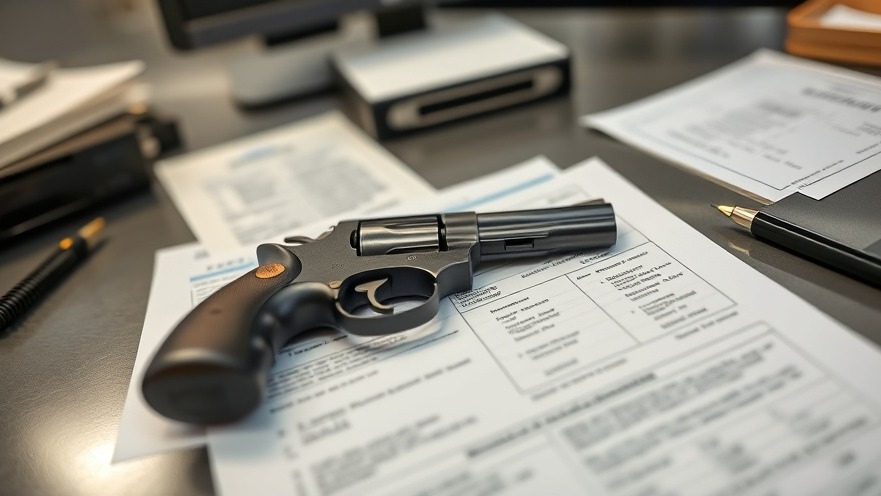
Understanding the Non-Resident Carry Permit Process in Massachusetts
The right to bear arms is a fundamental aspect of American culture and a contentious issue in legal frameworks across various states, including Massachusetts. Recently, the Second Amendment Foundation (SAF) took a significant step by challenging the non-resident carry permit process in the Commonwealth, advocating for a more accessible approach to those seeking to carry firearms for self-defense.
What Is the Current Process?
In Massachusetts, obtaining a carry permit as a non-resident can be a perplexing endeavor. The process requires individuals to navigate through a patchwork of regulations that often varies by city or town. Potential applicants must submit extensive documentation and proof of competency, which can deter many from pursuing their rights. SAF’s challenge targets these barriers, attempting to streamline the process to ensure that all individuals can exercise their Second Amendment rights without undue obstacles.
Historical Context and Background of Carry Permits
The state has a historical reputation for stringent gun laws that critics argue infringe on the constitutional rights of citizens. These regulations stemmed from a desire to reduce gun-related violence. However, organizations like SAF argue that lawful citizens should not be penalized for the actions of individuals who misuse firearms. The pendulum of public opinion has started to swing, and there’s a growing call for a more balanced approach that protects both individual rights and public safety.
Counterarguments: Balancing Rights and Safety
While SAF advocates for fewer restrictions, it's crucial to understand the counterarguments. Opponents of relaxed gun laws argue that the current regulations contribute to public safety. They contend that stringent measures help prevent firearms from falling into the wrong hands, thus reducing crime rates. The challenge framed by SAF raises an essential question: can we achieve a balance between gun rights and public safety that satisfies both sides?
The Implications for Massachusetts Residents
This challenge could lead to significant changes in how Massachusetts approaches the carrying of firearms. A successful outcome for SAF could not only impact non-residents but may also set a precedent for how residents obtain their permits. If the process is simplified and rights are upheld, it could encourage more responsible gun ownership and training across the state, positively influencing community safety.
Future Predictions: What Lies Ahead?
The outcome of SAF's challenge could have far-reaching impacts beyond Massachusetts. If successful, it may inspire similar initiatives in other states with restrictive permit processes. On the other hand, a ruling against SAF could embolden states to continue or even increase stringent measures, raising concerns among gun rights advocates nationwide.
As Massachusetts grapples with these legal challenges, it is pivotal for citizens to stay informed and engaged. Whether for or against gun rights, understanding the implications of these regulations is essential for all. Advocacy and public discourse are critical in shaping the future of firearms legislation in the state.
Take Action: Stay Informed and Engage in Dialogue
As citizens and gun owners, participating in discussions surrounding legislation and understanding your rights is crucial. Follow updates on the SAF's challenge and consider engaging with local advocacy groups to voice your opinion. Your involvement can help shape the future of gun laws in your community.
 Add Row
Add Row  Add
Add 




Write A Comment